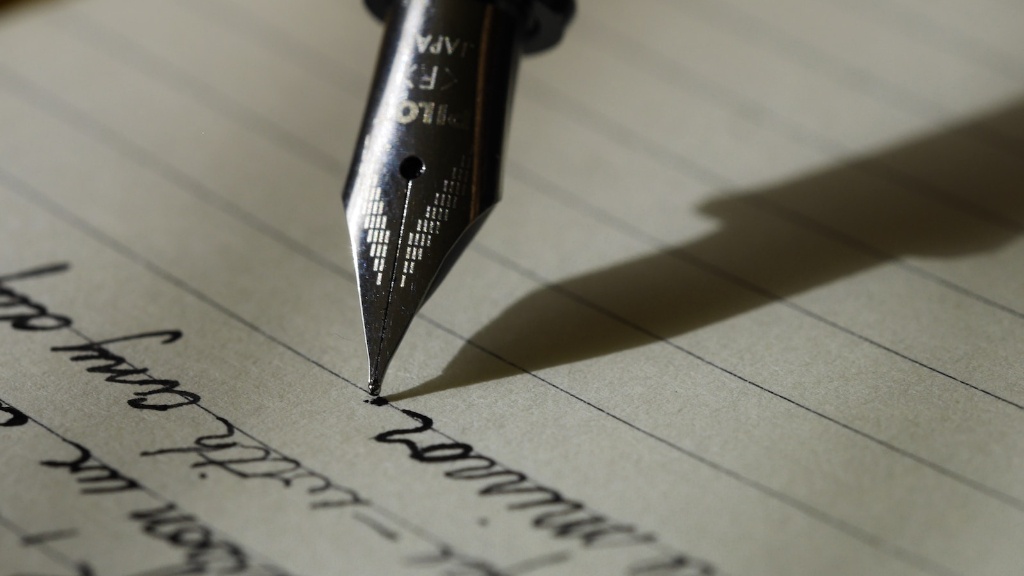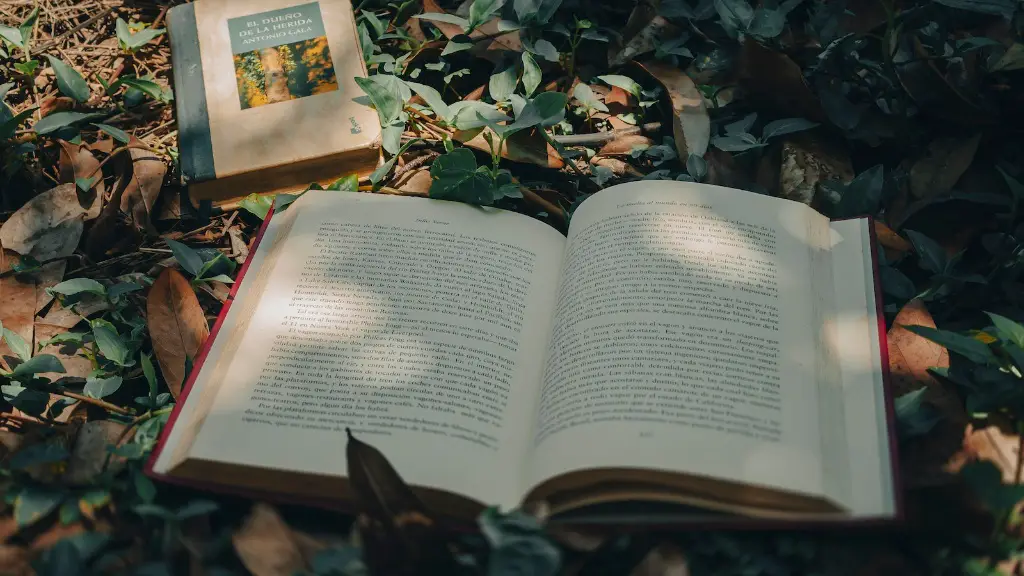Background and History of Spoken Word Poetry
Spoken word poetry has been around for centuries. Initially, it was seen as a form of self expression and was used as a way for people to express themselves and let their voices be heard. Since then, spoken word poetry has evolved as a form of communication and entertainment. It is now considered a genre of poetry that is performance based and includes rhymes, monologue, short and long poetry, and storytelling.
Spoken word poetry gained popularity in the early 2000s due to its accessibility and its emphasis on improvisation and experimentation. It was popularised by organisations such as the National Poetry Slam, which was founded in 1997, and organisations such as Word Up, which was founded in 1998. This period saw a surge in spoken word poetry events and performances, as well as an increase in the number of poets performing and areas dedicated to spoken word.
Performance Style of Spoken Word Poems
Spoken word poems require a unique style of performance from the poet. As the name suggests, a spoken word poem is meant to be performed rather than read, with the poet’s performance being the focal point. As such, the poems need to be tailored to their performance style.
In a spoken word poem, the poet is the main focus of attention and the poem is used to convey a message. A spoken word poet uses the tools of language, movement, gesture and tone to convey their message. They also use other performance techniques such as vocal effects and props to create a more immersive experience.
Role of Emotion in Spoken Word Poetry
The main aim of spoken word poetry is to evoke emotion in the audience. By using performance techniques, the poet is able to capture the audience’s attention and convey their message. Emotion is used as a tool to connect to the audience and create an emotional response.
The language used in spoken word poetry is often evocative and emotive. By using powerful language, the poet is able to convey a range of emotions which serve to engage the audience. Emotional triggers are used to induce a feeling of connection and understanding, allowing the audience to understand the meaning behind the poem.
The Power of Spoken Word Poetry
Spoken word poetry is a powerful form of expression. It allows poets to express their thoughts and feelings in a creative and expressive way. The performance based elements of spoken word poetry make it an effective way of delivering a message that is both meaningful and free from the boundaries of traditional poetry.
Spoken word poetry also has the potential to affect change. By using performance techniques and emotional language to connect with listeners, spoken word poets are able to draw attention to topics that are important to them and bring about awareness and understanding. This can bring about dialogue and support for causes, allowing for an effective and powerful form of protest.
The Cultural Significance of Spoken Word Poetry
Spoken word poetry is important for its cultural influence. By expressing our thoughts and feelings through poetry, we are connecting to an art form that has been an important part of human expression for centuries. Spoken word poetry also allows people to express themselves in a creative and unique way that is free from the structure and boundaries of traditional poetry.
Spoken word poetry is especially significant in the way it allows marginalised voices to be heard. By providing a platform for those with diverse experiences and views, spoken word poetry allows those voices to be recognised and celebrated. It can be used as a tool of protest and to raise awareness of issues and causes, as well as a form of self-expression and celebration.
The Benefits of Spoken Word Poetry
Spoken word poetry has a variety of benefits. It can be used to practice language and performance techniques, allowing poets to improve their skills and become more confident public speakers. It is also a great way to express yourself, as well as to explore and express your emotions in a creative and powerful way.
Spoken word poetry also gives poets the opportunity to connect with others. By connecting with an audience, poets can share their stories and experiences and create a sense of understanding and community. Poetry slams and open mic nights also provide a platform for poets to meet and collaborate, which can lead to future projects.
The Impact of Spoken Word Poetry on Society
Spoken word poetry has had a huge impact on society. Spoken word poets are able to use their art and performance to address important social and political issues, bringing light to topics that would otherwise go unheard. By expressing themselves through their art, they are able to create a dialogue and inspire change.
Spoken word poetry has also given marginalised voices a platform to be heard. By providing a platform for those with diverse experiences and backgrounds, spoken word poets are able to share their stories and bring awareness to their issues. This has opened up a space for people to connect, collaborate and share their experiences, creating a more diverse and inclusive society.
The Future of Spoken Word Poetry
The future of spoken word poetry is bright. With more and more people turning to spoken word poetry to express themselves, it is likely that the genre will continue to grow and develop.
Organisations such as Word Up and the National Poetry Slam are continuing to provide a platform for poets to showcase their work and collaborate with other artists. Events such as Slam poetry competitions and open mic nights are also providing new opportunities for upcoming poets to express themselves and build a community.
The Popularity of Spoken Word Poetry
The popularity of spoken word poetry has grown over the years, with poets from all backgrounds using it to express themselves and explore different topics. It is especially popular amongst the youth, who are using spoken word poetry to explore social and political issues and to raise awareness for causes.
Spoken word poetry has also become popular in mainstream media. It has featured in films, TV shows and music videos, as well as at events such as the Olympics. This has led to a surge in popularity, with spoken word poetry becoming more widely accepted and celebrated.
Conclusion
Spoken word poetry is a powerful and expressive form of art. It has evolved over the years to become an important part of self-expression, performance, and protest. It can be used to explore a range of emotions and bring awareness to important social and political issues. It has also seen an increase in popularity due to its accessibility and its potential to inspire change. With more and more poets turning to spoken word, it is sure to remain an important part of modern culture.


